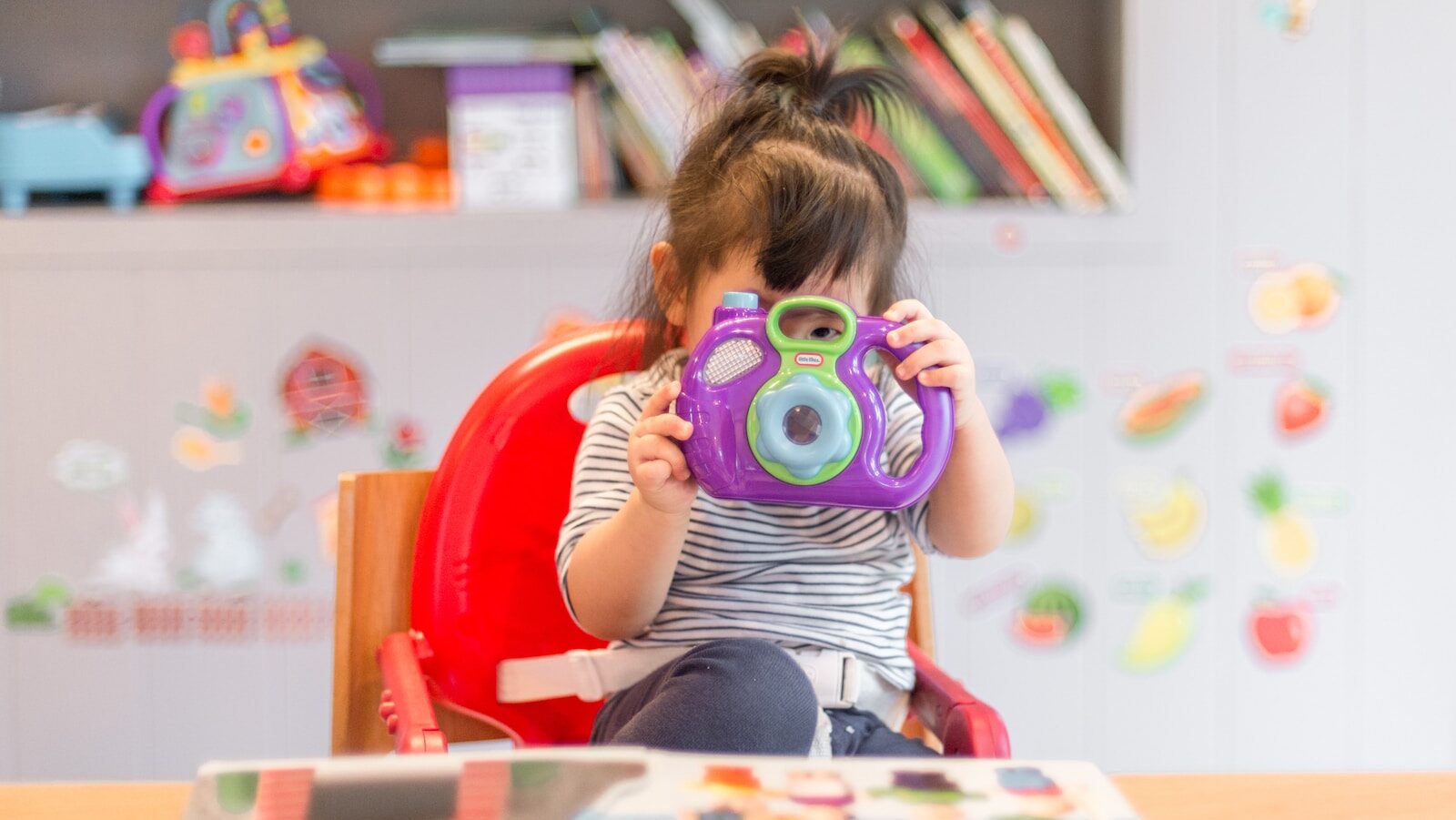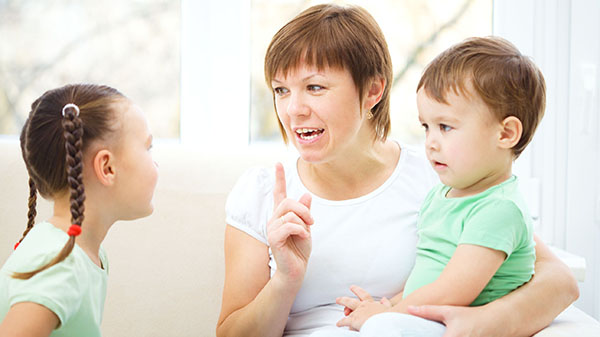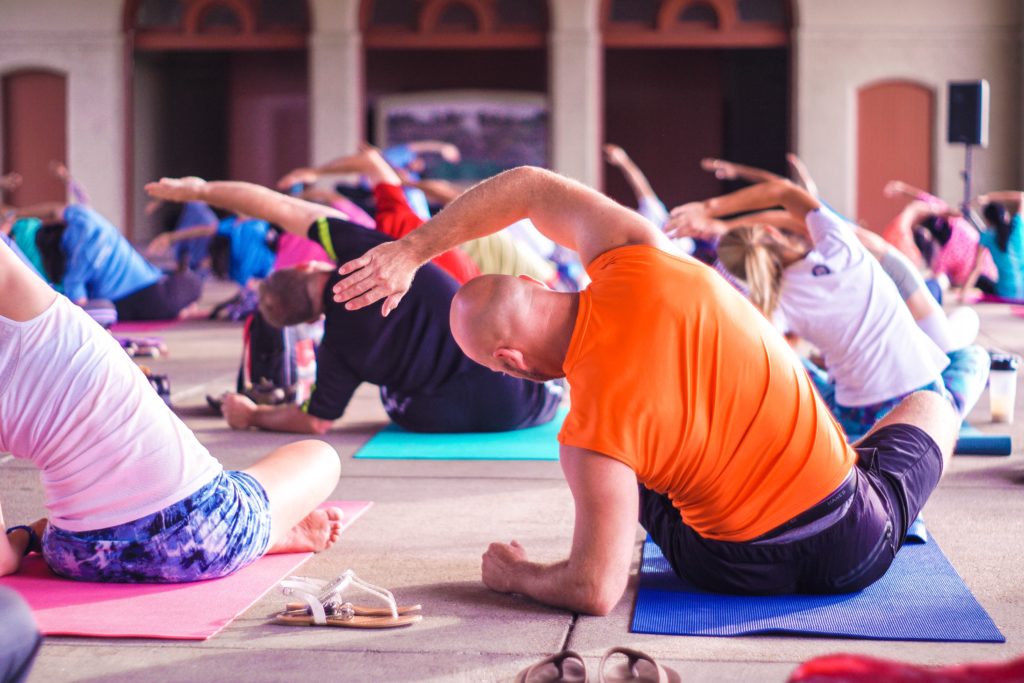Churches in Alabama and beyond are urged to observe Orphans and Widows Sunday on Nov. 12, recommitting to the task of caring for children in distress through foster care, adoption and other means.
“Orphan Sunday serves as a reminder of the biblical mandate in James 1:27 in which Christ shows specific care to the fatherless,” said Herbie Newell, executive director of Lifeline Children’s Services. “This day sheds light on the staggering numbers of children struggling in the orphan care crises around the world and serves as a reminder for Christ followers to continue advocating and caring for vulnerable children.”
Lifeline Children’s Services, based in Birmingham, is the largest evangelical adoption and child welfare agency in the United States. It serves vulnerable children and families through private domestic and international adoption, family restoration and pregnancy counseling. More information is available at lifelinechild.org.
While the Southern Baptist Convention calendar of events marks Nov. 12 as Orphans and Widows Sunday, others call it Stand Sunday.
“Stand Sunday is a day to acknowledge foster families in our local churches and to celebrate and support their noble and biblical calling,” said Rod Marshall, president of the Alabama Baptist Children’s Homes & Family Ministries. “It is also a day to recruit and challenge families to consider responding to the call to become foster families.”
In 2004, a woman in Brownwood, Texas, encouraged her church to stand up for children in foster care in her state, and in 2002, Orphan Sunday had begun in a church in Zambia, Marshall said. For a few years, Orphan Sunday was observed on the first Sunday in November as the day for the global Church to stand up for the cause of the orphan.
Since 2014, the two days have been combined and are called Stand Sunday, observed on the second Sunday in November.
Leadership
In Alabama, nearly 6,000 children are in foster care, Marshall said, but there are only 2,500 foster homes available. That makes the number of foster homes only about 42% of the number of children in foster care.
“The Church cannot rely upon the state or federal government to solve the foster care crisis in our nation,” Marshall said. “Churches must lead the charge in responding to the plight of the fatherless and should also be actively involved in strengthening families, combating substance abuse, reducing poverty and otherwise eliminating the need for children to be in need of out-of-home placements.”
The ABCH website — alabamachild.org — suggests some ways churches can participate in Stand Sunday. They can download a toolkit containing bulletin inserts, a sermon outline and supporting slide deck and guidance for an offering to support children in foster care.
Churches can host a collection drive to gather supplies such as paper products, cleaning supplies, diapers and other baby items. The website also provides videos promoting foster care that can be shown in church services or other settings.
“Stand Sunday is a great day to challenge churches and Christ-followers to do that which they are instructed by Scripture to do, ‘to look after the orphans and widows in their distress,’” Marshall said.
“Alabama Baptist Children’s Homes & Family Ministries is the state’s largest faith-based provider of foster care services. Our ministry partners with congregations to lead them to care for the fatherless and to support foster parents in their congregations and in their communities.”
‘Tremendous need’
Michael Smith, chief operations officer for ABCH, said the ministry is eager to speak in churches to further explain their mission and how Alabama Baptist churches and individuals can partner to care for vulnerable children.
ABCH sponsors 285 foster homes in Alabama, and by the ministry’s 140th anniversary in 2031, they hope to increase the number to 600 homes serving about 1,000 children.
“One of the simplest ways that we could accomplish this is if we could get one foster family from every Alabama Baptist church,” Smith said, adding that everybody can do something to support a foster family such as offering to babysit, providing meals periodically or being a prayer partner.
Through the BRACE program promoted by ABCH, every foster family would be paired with a church that would support them — like Aaron and Hur supported Moses. BRACE is an acronym that stands for Bear with, Respite provider, Appeal in prayer, Cater needs and Encourage consistently.
By 2031, in addition to serving 1,000 children in foster care, ABCH hopes to reunify 250 of those children with their families of origin each year, see 50 of them adopted annually and have 50 professions of faith each year.
To reunify, ABCH works with the Alabama Department of Human Resources to help families accomplish goals so that their children can safely return to them.
Building relationships
“Oftentimes, when those biological parents will allow it, our foster families work closely in mentoring relationships with them,” Smith said.
Smith mentioned a “tremendous need” for foster parents who will serve older children.
“We have a lot of parents who will serve elementary and under, but we don’t have that many who will serve middle school and teenage children,” he said.
Alabama Baptists, Smith said, “are the most amazing, generous people,” and they want to help when there is a need. They have the opportunity to make an eternal difference for thousands of children.
“When we can put children in a Christian foster family, we can love on them and protect them, but we can also expose them to the greatest gift, which is the gospel of Jesus Christ.”






Share with others: